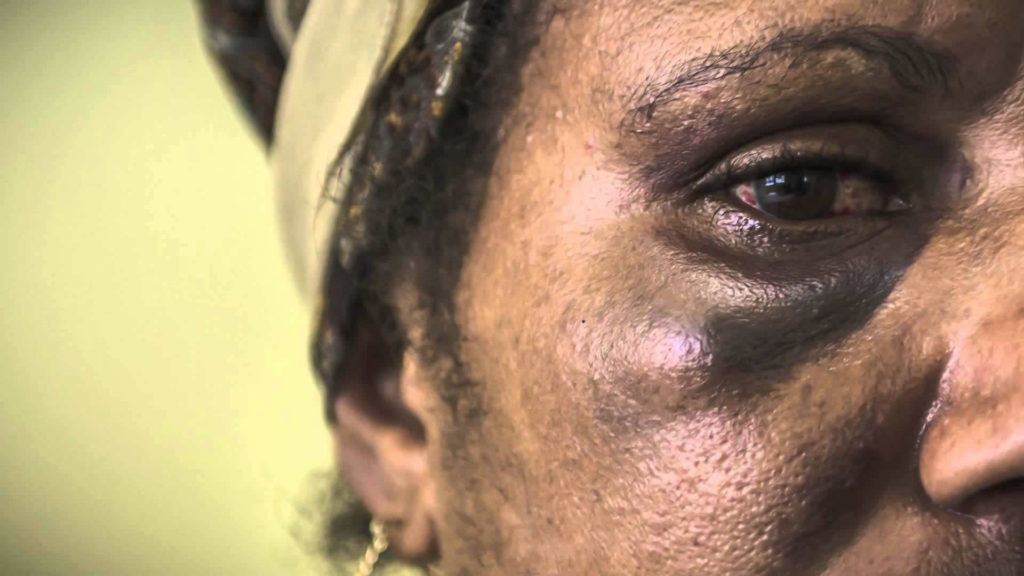Gender-based violence (GBV) remains a pervasive issue in African communities, inflicting immense physical, emotional, and psychological harm on individuals, families, and societies. Empowering survivors of GBV is crucial not only for their healing and recovery but also for challenging the underlying societal norms and structures that perpetuate violence. This article explores the importance of empowering survivors of GBV in African communities, highlighting the need for comprehensive support systems, legal protection, and social change to create a violence-free society.

Understanding Gender-Based Violence:
Gender-based violence encompasses various forms of violence, including domestic violence, sexual assault, intimate partner violence, child marriage, female genital mutilation, and trafficking. It is rooted in gender inequalities, power imbalances, and harmful cultural practices that devalue and discriminate against women and girls. GBV affects individuals regardless of age, socioeconomic status, or educational background and has devastating consequences for survivors and communities.
Comprehensive Support Systems:
Comprehensive support systems are crucial for empowering survivors of GBV. Survivors require immediate and long-term support that addresses their physical, emotional, and legal needs. This includes access to medical care, counseling services, safe shelter, and legal assistance. Establishing and strengthening support systems, such as helplines, shelters, and specialized GBV centers, can provide survivors with a safe space to heal, rebuild their lives, and access the necessary support services.
Legal Protection and Justice:
Ensuring legal protection and justice for survivors of GBV is vital in holding perpetrators accountable and preventing future acts of violence. Governments need to enact and enforce laws that criminalize all forms of GBV, including domestic violence and sexual assault. Additionally, establishing specialized courts, training law enforcement officials, and providing legal aid services can facilitate survivors’ access to justice. Efforts should focus on eliminating impunity and creating a justice system that supports survivors throughout the legal process.
Changing Social Norms and Attitudes:
Addressing the root causes of GBV requires challenging societal norms, attitudes, and behaviors that perpetuate violence and discrimination. Promoting gender equality, challenging harmful cultural practices, and educating communities about the rights and dignity of every individual are essential steps toward social change. Engaging men and boys as allies and advocates in the fight against GBV is crucial to shifting harmful gender norms and fostering a culture of respect, equality, and non-violence.
Empowering Economic Independence:
Economic empowerment is a key component of empowering survivors of GBV. Economic independence allows survivors to regain control over their lives, reduce their vulnerability to further violence, and rebuild their futures. Providing vocational training, job placement services, and access to microfinance and entrepreneurship programs can enable survivors to achieve economic stability and empowerment. Additionally, creating inclusive employment opportunities and fair labor practices can help prevent economic dependence as a factor in perpetuating GBV.
Education and Awareness:
Education and awareness play a pivotal role in preventing and addressing GBV. Comprehensive sexuality education, gender-sensitive curricula, and awareness campaigns can challenge harmful gender norms, promote healthy relationships, and empower individuals to recognize and respond to GBV. Engaging community leaders, religious institutions, schools, and media in dialogue and awareness-raising initiatives is vital to create a collective commitment to ending GBV and fostering a culture of respect and equality.
Conclusion: Empowering survivors of gender-based violence in African communities requires a multi-faceted approach that encompasses comprehensive support systems, legal protection, social change, economic empowerment, education, and awareness. It is the collective responsibility of governments, civil society organizations, communities, and individuals to break the silence surrounding GBV and create a violence-free society. By empowering survivors and challenging the underlying causes of GBV, we can work towards building a future where everyone can live with dignity.